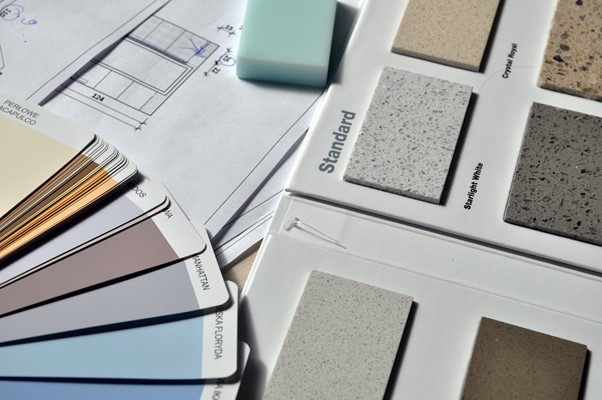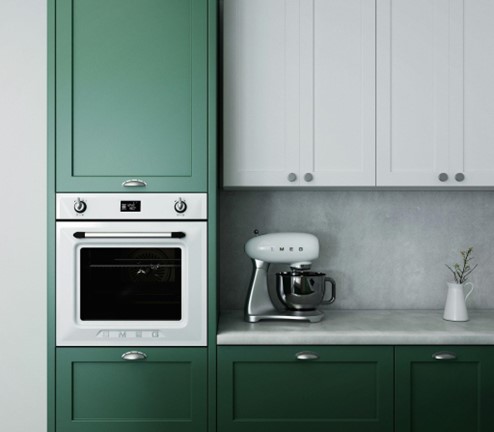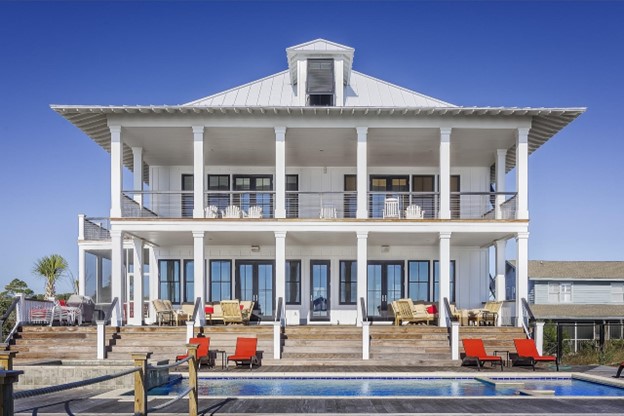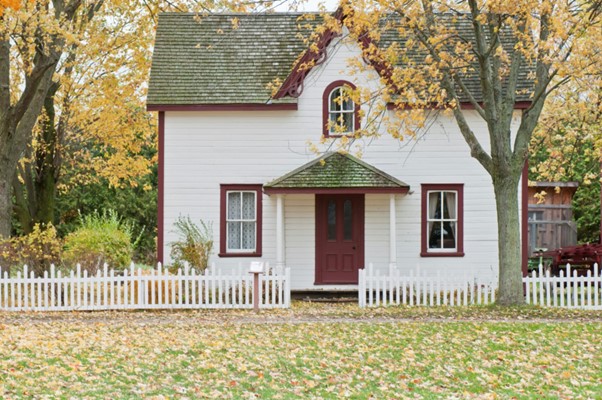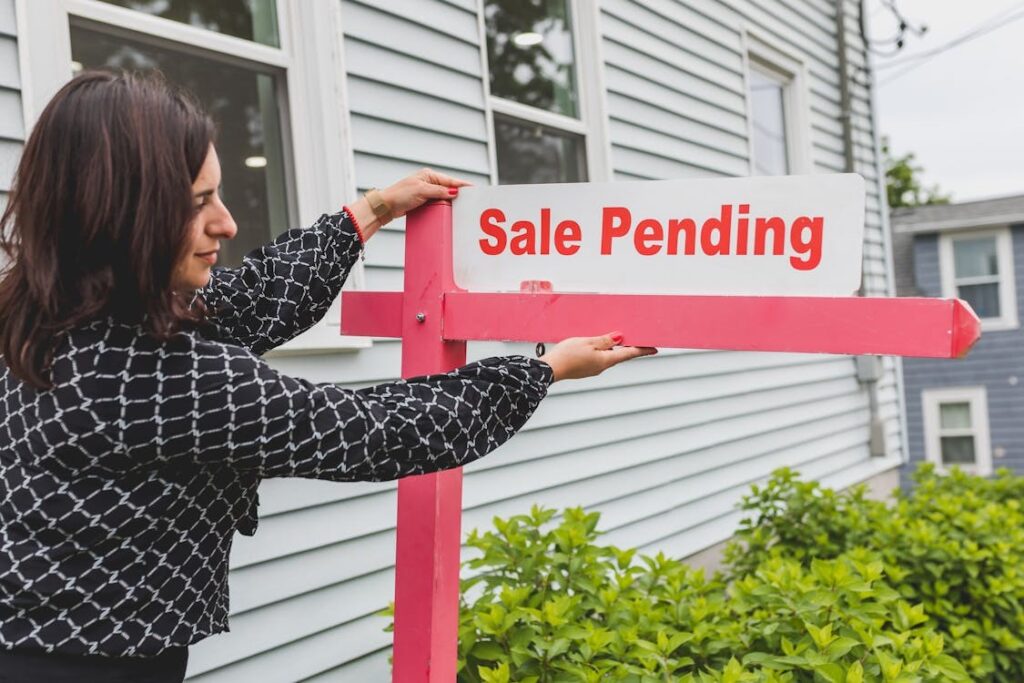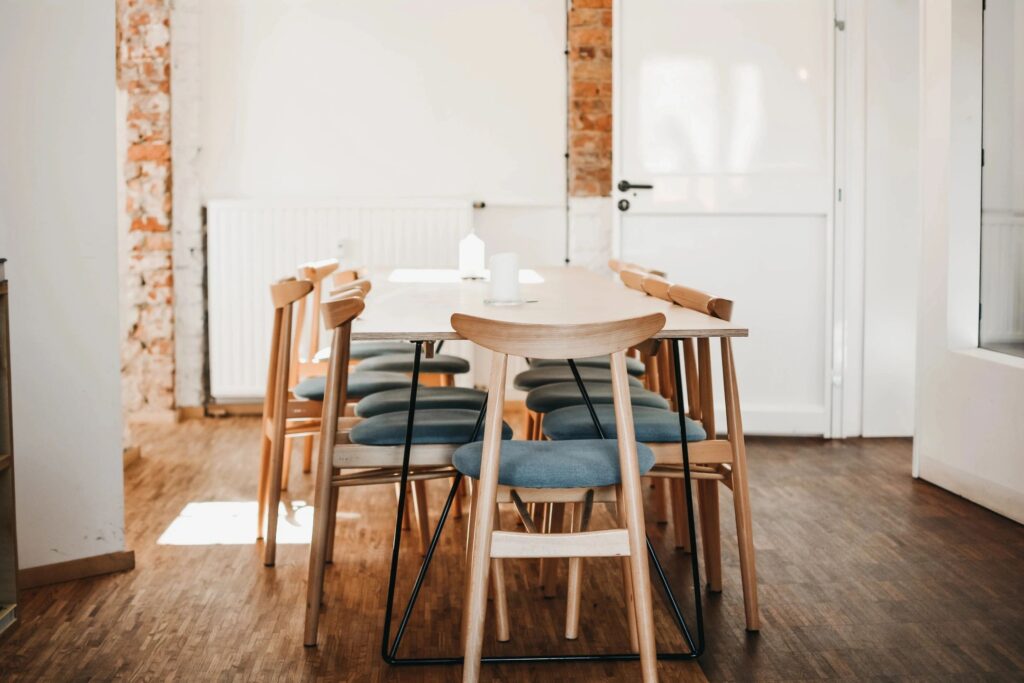My blog focuses on Home/Living and Home/Property Discussions. A primary residence is a potential investment that someone will benefit from eventually. You thus want to keep it in the best condition possible. The following contributed post is entitled, 4 Tips For Keeping Your Home In Good Condition.
* * *
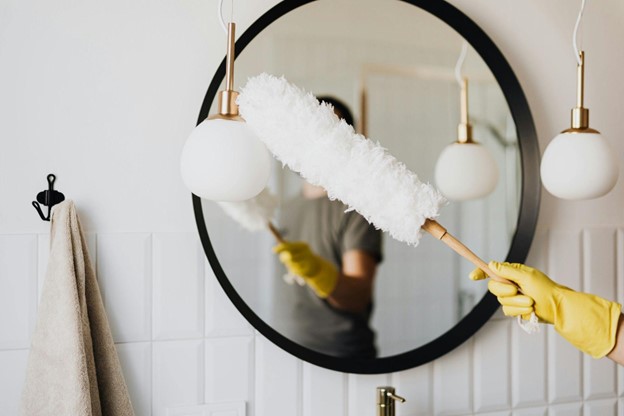
A well-kept and maintained home is a happy home. Being a homeowner requires time, attention, and dedication over the years. You must be proactive and stay on top of what needs to get done and by when.
You’ll be much happier overall when your property is functioning properly and looks attractive. Your efforts and hard work are sure to pay off in the long run, so make it a priority to tackle the to-dos one day at a time. Here you can review four tips for keeping your home in good condition so you can have peace of mind.
1. Commit to Regular Cleaning & Decluttering
There are many benefits that come with regular cleaning and decluttering of your home. You can remove dirt and grime as well as boost your mood and reduce stress. You and your family members will be happier and healthier for keeping a clean and tidy home. It’s also a chance to spot anything that needs fixing or identify a pest problem. Get on a schedule and tackle each room one by one. Go through your belongings and remove items that no longer serve a purpose. Create more room for what you love and use, and make it easy to find what you are looking for in a hurry.
2. Create a Seasonal Maintenance Checklist
Maintenance is another key factor when it comes to keeping your home in good condition. It’s best to create a seasonal maintenance checklist so you don’t have to keep track of everything in your head. There are different to-dos that will need to get done based on the time of year. There’s not only interior maintenance to tackle, but also the exterior and structural projects. For example, you’ll need to change air filters, vacuum, clean gutters, and touch up peeling paint. The good news is that most of these projects you can take care of on your own when you have some free time.
3. Make Repairs & Fixes Promptly
Another tip for keeping your home in good condition is to make repairs and fixes promptly. You don’t want to ignore or put off issues, even if they are small. They may grow into larger problems over time, which can be more costly and cause further damage. It’s a good idea to have contact information handy for a local plumber who can make repairs no matter the time of day. Water leaks, clogged drains, and broken toilets aren’t something that you can let linger. You risk water damage and the potential for mold growth and other health hazards.
4. Invest in Home Improvements & Remodeling Projects
As a homeowner, you want your property to be maintained but also modern. While you don’t necessarily have to keep up with all the latest trends, you also don’t want to let your home appear dated, especially when it’s time to sell it. Invest in home improvement and remodeling projects by saving your money, creating a priority list, and setting a budget. Many of these projects, such as renovating your kitchen or putting in new flooring, can add value to your property. There are many ways to incorporate more technology into your home these days that can help you save money and make your life easier as well.

